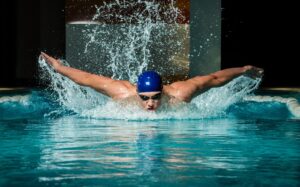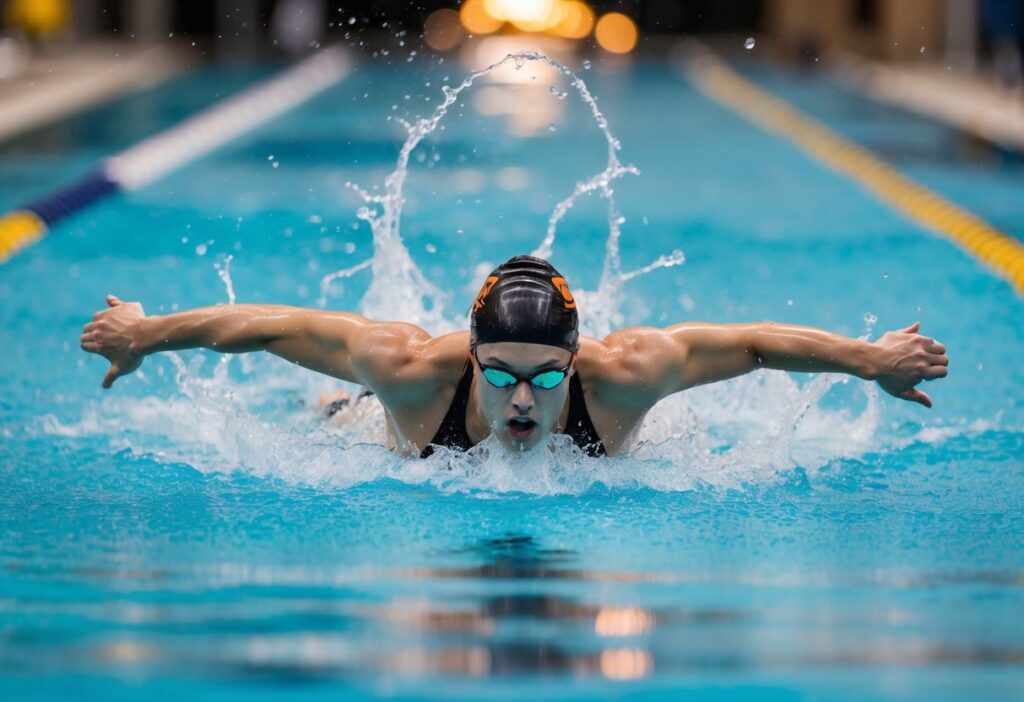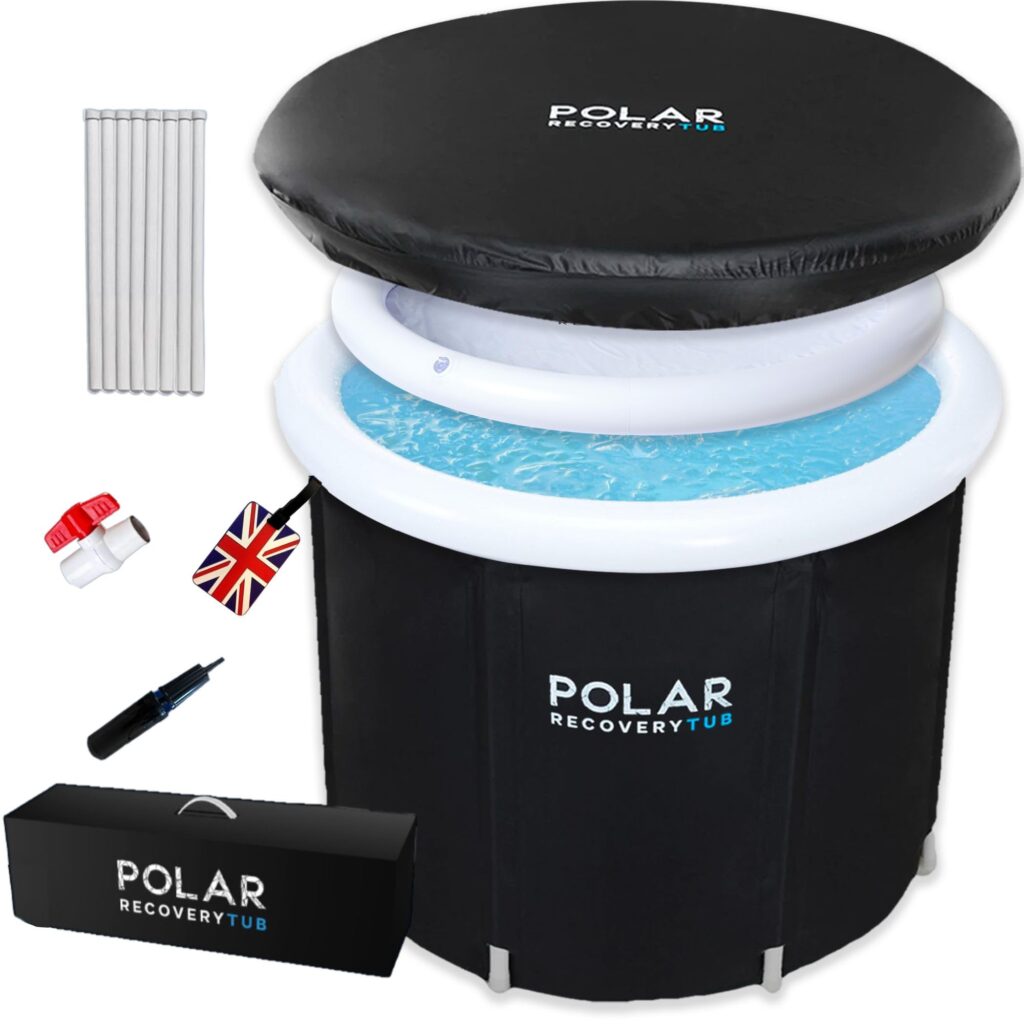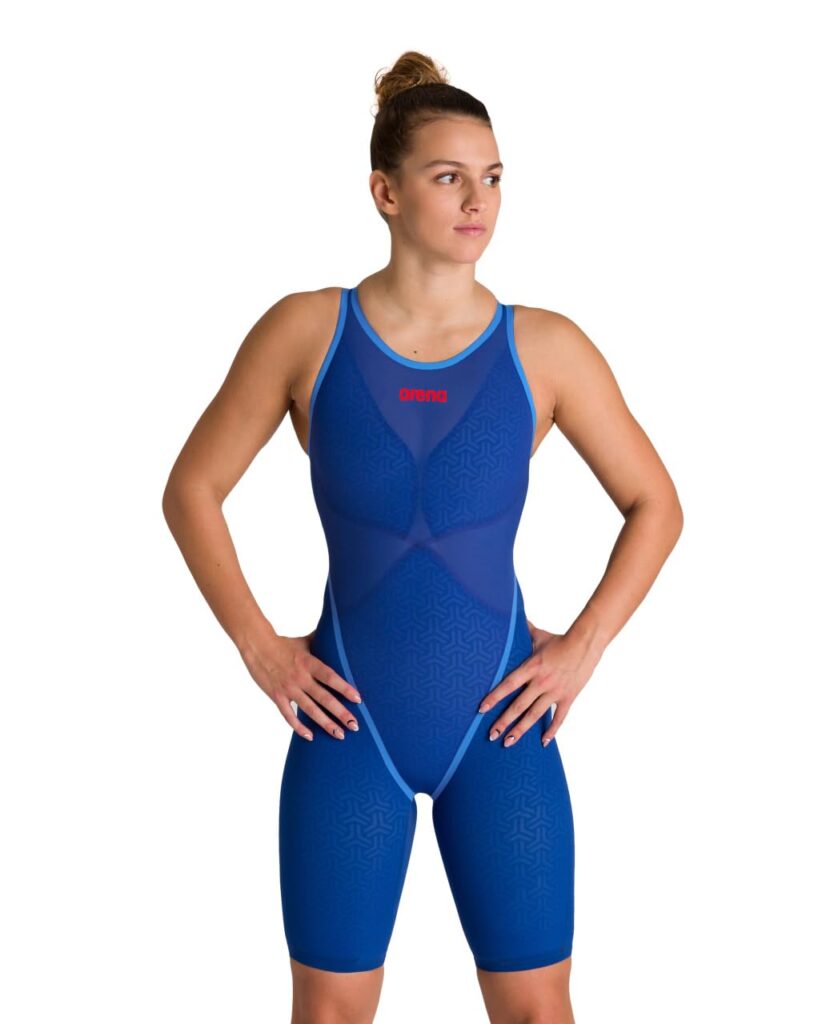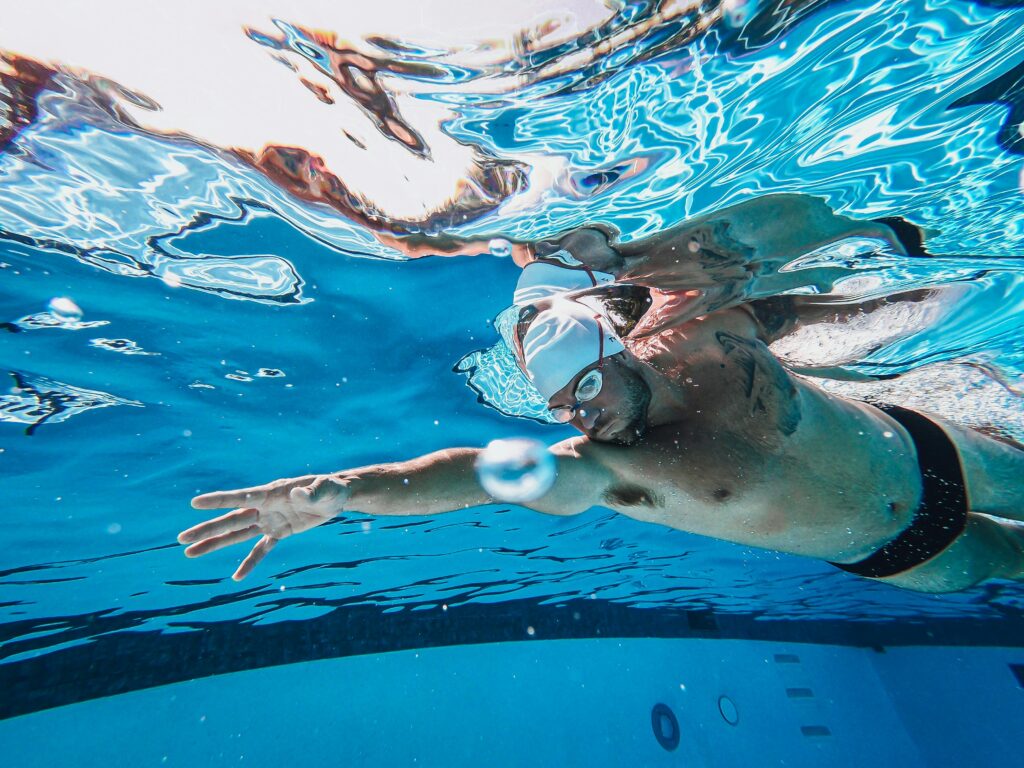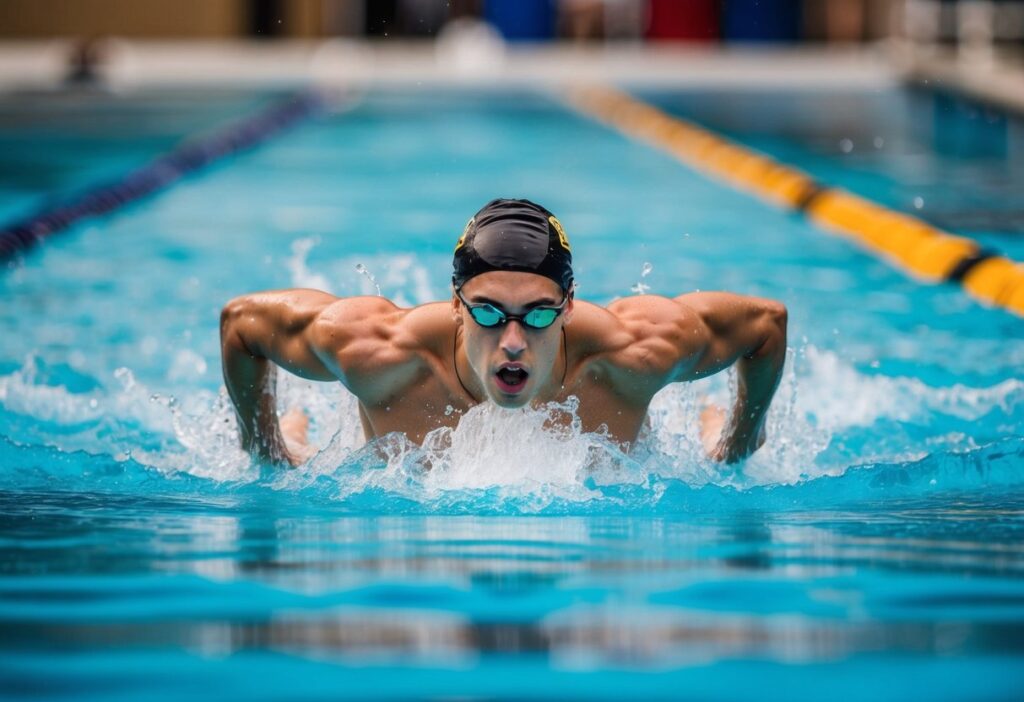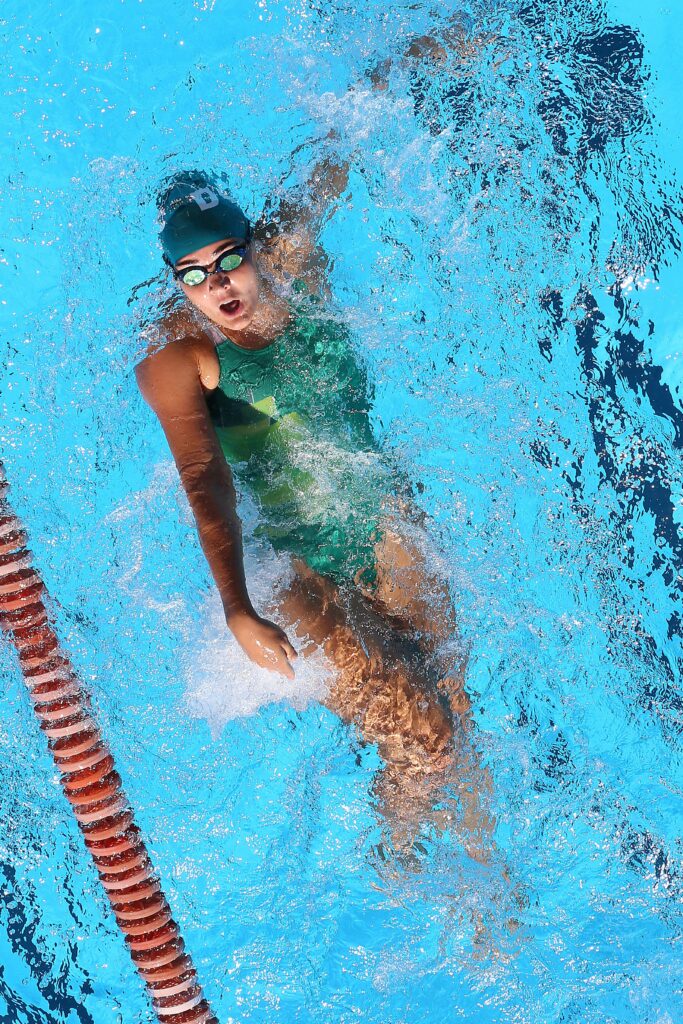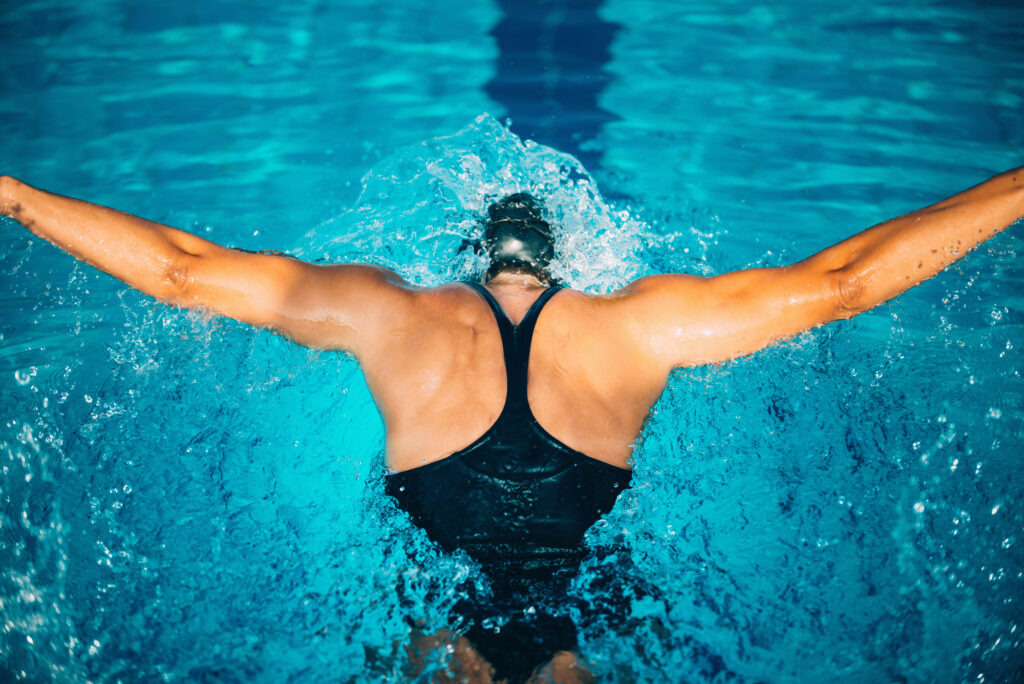Is Creatine a Good Supplement to Take to Improve Swimming Performance? Evidence-Based Analysis
Swimmers looking for a performance edge often wonder about supplements. Creatine stands out as one of the most researched options available. Studies show that creatine supplementation can provide significant benefits for swimmers, particularly in high-intensity training where it helps maintain maximal power output and improves recovery between sets. Creatine works by increasing the body’s stores […]

